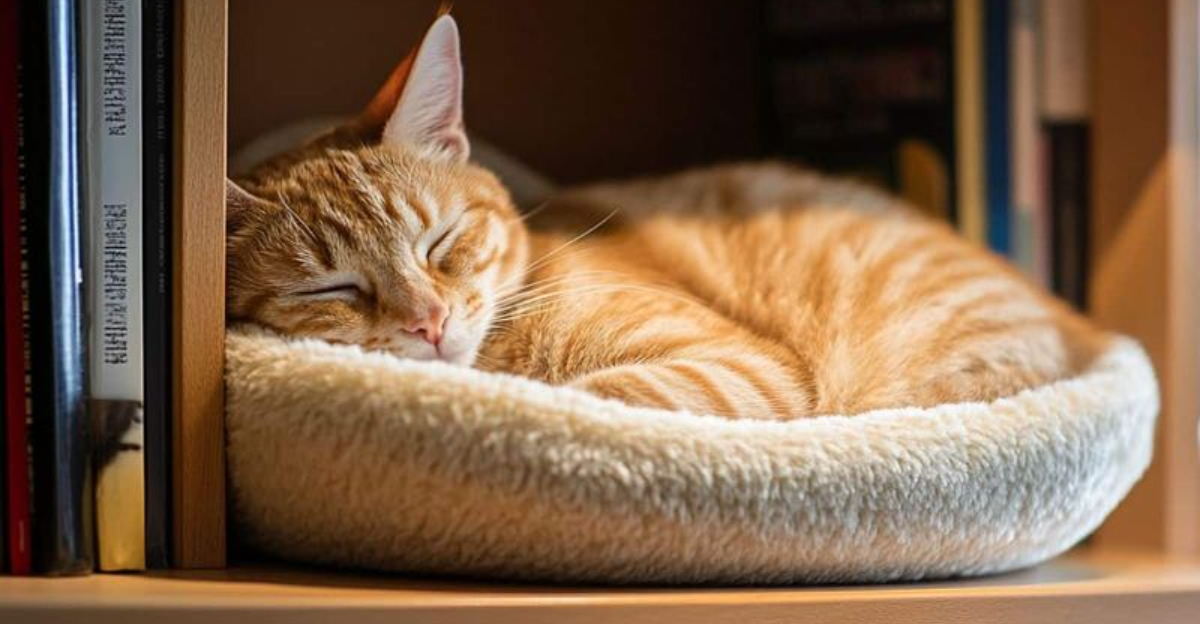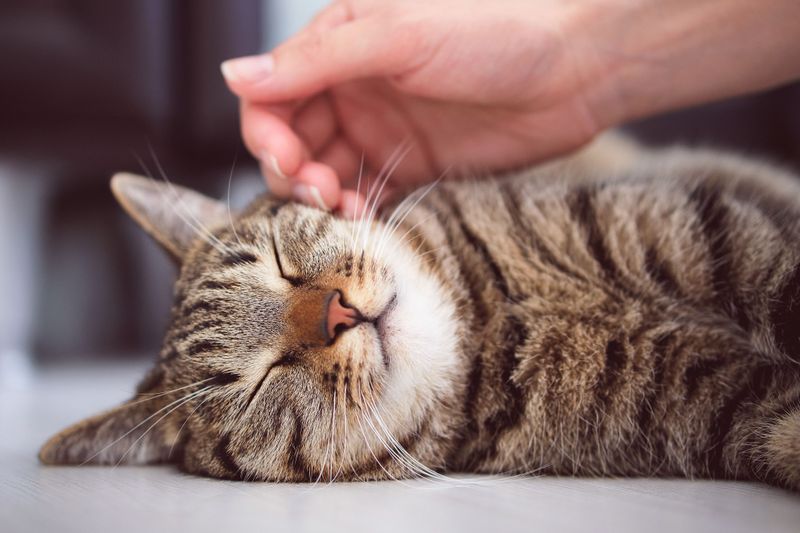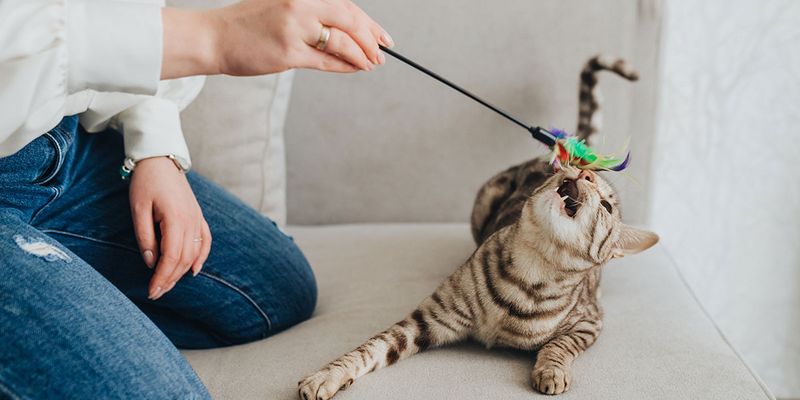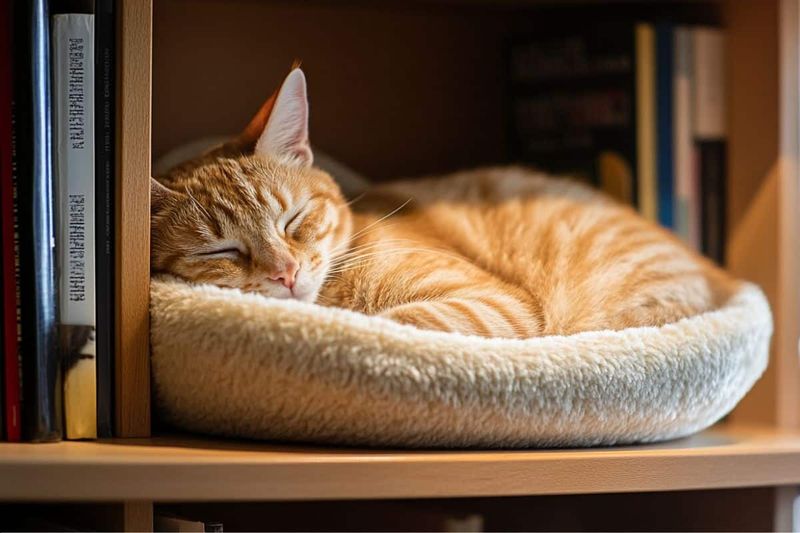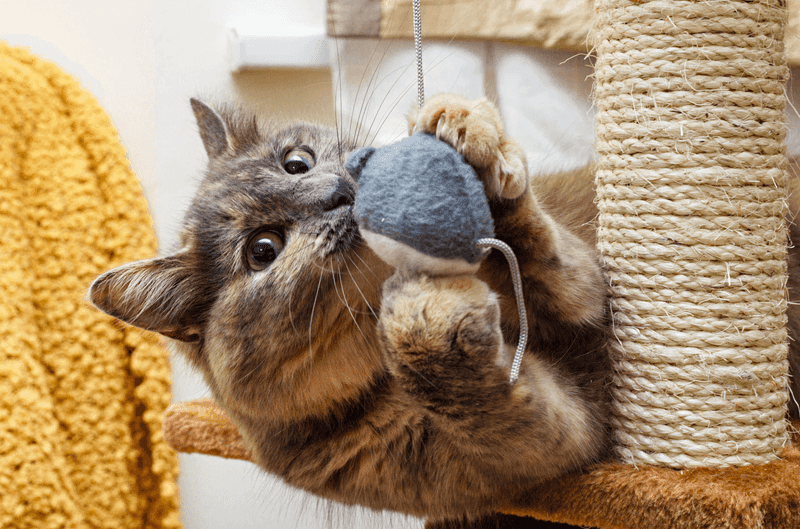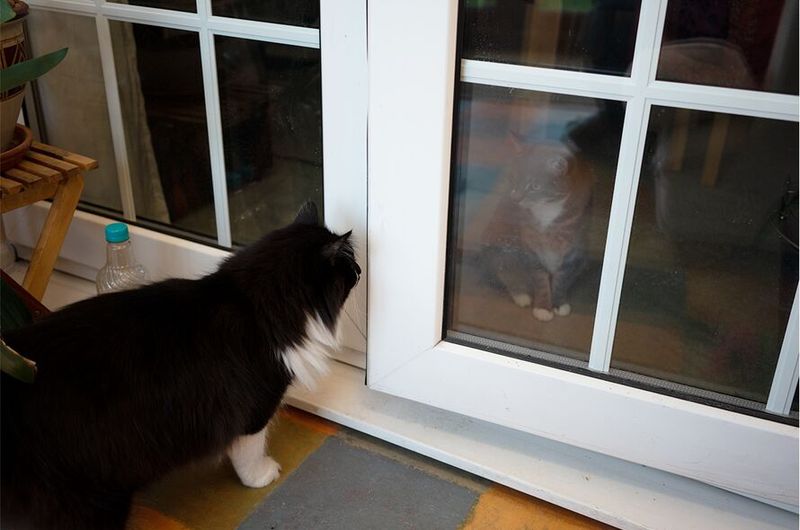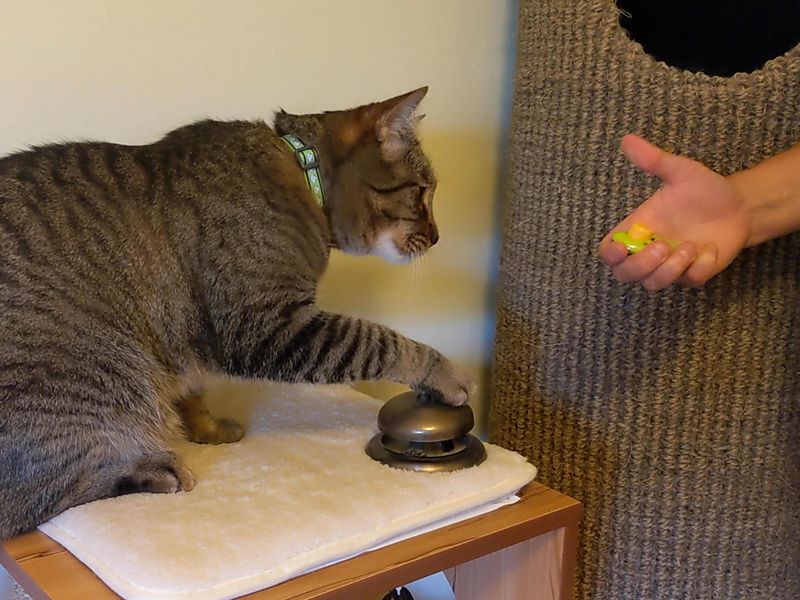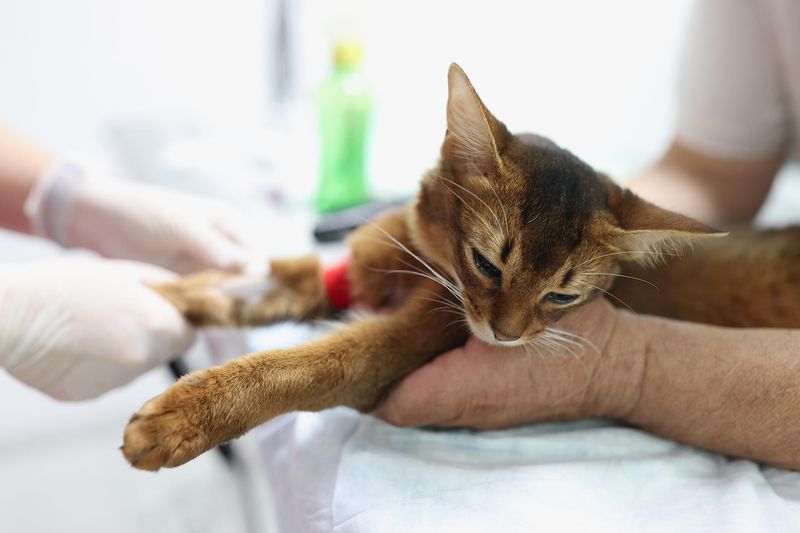📖 Table of Content:
Creating a bond with a cat requires patience, consistency, and understanding. While cats are often seen as independent, they are also capable of deep affection when they feel safe. Trust is the foundation of any meaningful connection with them.
Subtle gestures and daily interactions play a big role in gaining a cat’s confidence. From respectful body language to gentle routines, every effort counts. Small actions, when repeated with care, can lead to lasting trust.
Earning a cat’s affection doesn’t happen overnight, but the rewards are worth the wait. A cat that feels secure will often show love in quiet, meaningful ways. These 9 approaches offer a gentle path to a stronger, more affectionate relationship.
1. Gentle Interaction
To earn your cat’s trust, begin with soft and respectful interactions. Offer them your hand gently for a sniff before trying to pet them.
Use slow, gentle strokes, particularly around the head and behind the ears, which are usually favored spots. Pay attention to their body language.
If they lean into your touch, continue; if they pull away, give them space. Over time, these gentle interactions can build a strong foundation of trust and affection between you and your feline companion.
2. Consistent Feeding Routine
Consistency is key to gaining a cat’s trust, especially when it comes to feeding. Establish a regular feeding schedule that your cat can rely on.
This predictability helps them feel secure and know what to expect, reducing anxiety. Serve meals at the same time each day and provide fresh water alongside their food.
A stable routine signals reliability and care, helping to build trust. As your cat becomes accustomed to this routine, they’ll begin to associate you with safety and nourishment.
3. Playtime Engagement
Play is not just fun but a vital part of building trust with your cat. Interactive play sessions that mimic hunting can engage their instincts and energy.
Use toys like feathers or laser pointers to create enjoyable and stimulating activities. This play not only strengthens your bond but also lets your cat associate you with positive experiences.
Regular playtime can help a cat feel more open and trusting, seeing you as a friend and partner in fun rather than a threat.
4. Respect Their Space
Allowing your cat to have their own space is essential for their well-being. They value solitude and autonomy, so creating a calm, private area for them is key. A cozy corner with a comfy bed or blanket gives them a place to relax and unwind.
Don’t crowd your cat or force them into interactions they’re not ready for. Allow them to approach you first.
Watching from a distance and showing patience can demonstrate to your cat that you respect their boundaries. In time, this respect fosters trust and helps them feel secure in their environment.
5. Provide Enrichment
Cats thrive when their environment is enriched with the right tools for play and exploration. Including items like toys, scratching posts, and climbing structures helps them engage their natural instincts.
These items offer opportunities for exploration and play, keeping their minds active and entertained. By nurturing their curiosity and need for stimulation, you’ll help them feel more at ease in their space.
This trust in their environment often translates to trust in you, as you’re the provider of their safe and engaging surroundings.
6. Slow Introductions
When introducing your cat to new people or pets, patience is vital. Slow, controlled introductions allow your cat to adjust at their own pace.
Start with short, supervised meetings and gradually increase time as your cat becomes more comfortable. Allow them to explore and sniff without pressure.
These gradual introductions can reduce stress and build confidence, helping your cat see change as non-threatening. This patient approach can enhance their trust in both you and their environment.
7. Positive Reinforcement
Positive reinforcement is a powerful tool to build trust. Reward desired behaviors with treats, praise, or gentle affection.
For example, reward your cat when they come to you or use a scratching post. These rewards encourage repetition of good behavior and show your cat that they’re safe and appreciated.
Over time, this technique builds a relationship grounded in trust and mutual understanding, as your cat learns to associate you with positive outcomes.
8. Routine Health Care
Maintaining a consistent health routine is vital for your cat’s trust. Regular check-ups with the vet, along with at-home health checks, demonstrate that their well-being is important to you.
Handle them gently during grooming sessions and health checks to minimize stress. This care builds their confidence in your role as a caregiver.
Even though some situations might be uncomfortable, your consistent care reassures them of your love and protection. This ongoing commitment to their health fosters deeper trust and strengthens your bond.
